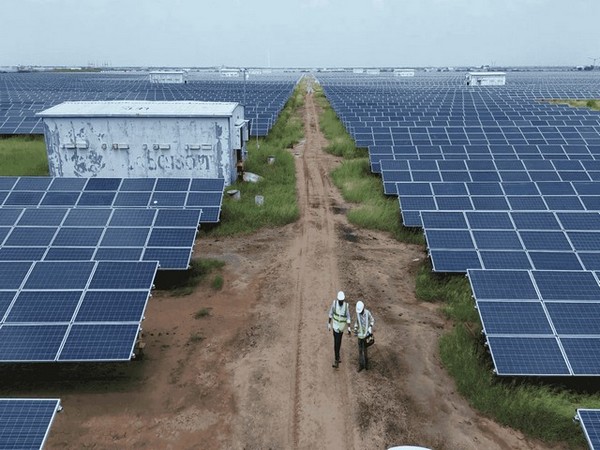Gujarat Leads India's Renewable Energy Revolution
Gujarat emerges as a leader in renewable energy with a major focus on solar power. The state's initiatives, including its massive Charanka Solar Park and supportive policies, significantly contribute to India's goal of achieving 500 GW of renewable energy capacity by 2030.

- Country:
- India
In its pursuit of a green and sustainable future, Gujarat has positioned itself as a leader in renewable energy, particularly through strategic solar power initiatives. The state's contributions are crucial for India to achieve its ambitious goal of 500 GW of renewable energy capacity by 2030.
Gujarat's extensive solar projects, such as the installation of solar panels on public buildings and homes, as well as vast solar parks, leverage its geographic advantages to harness solar energy effectively. Jai Prakash Shivahare, MD of Gujarat Urja Vikas Nigam Ltd., highlighted the state's 28 GW renewable energy capacity, with half of it from solar. He further emphasized the supportive policies encouraging residential solar rooftops and outlined the state's target of 100 GW renewable energy by 2030.
The Charanka Solar Park in Patan district stands as a landmark in India's renewable energy landscape, transforming 5,000 acres of barren land into a 600 MW solar power hub. This project exemplifies successful public-private partnerships and has generated employment opportunities. Worker Dhruv Patel praised the park's role in local energy distribution and employment. The state is also eyeing hybrid renewable projects combining wind and solar energy for enhanced efficiency.
Gujarat's Integrated Renewable Energy Policy of 2023 offers a stable framework for investors, with land allotment policies, connectivity on demand, and off-ticker guarantees for project feasibility. Prime Minister Narendra Modi acknowledged Gujarat's leadership during the 4th Global Renewable Energy Investors Meet and Expo, highlighting the state's role as a model for other regions.
(With inputs from agencies.)










